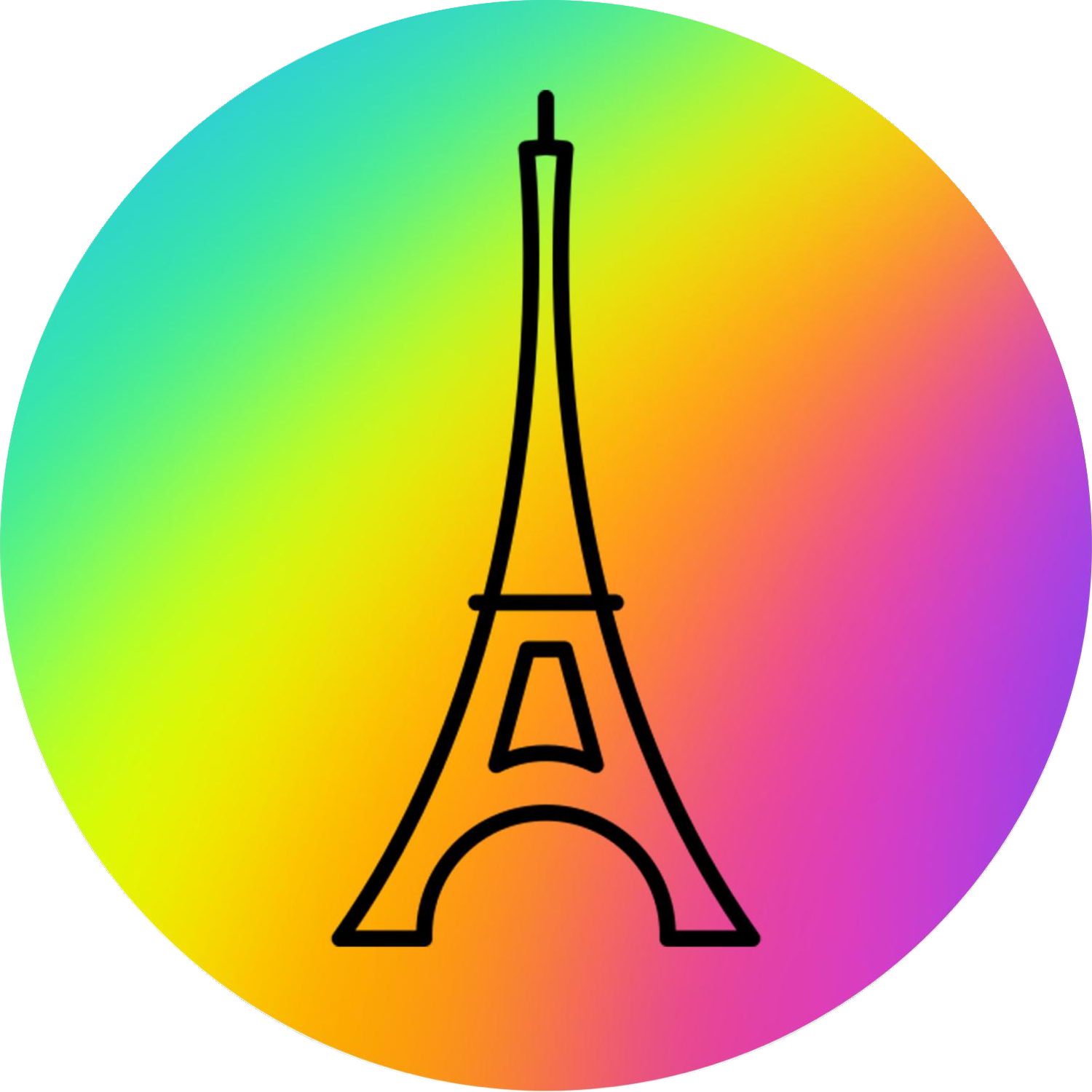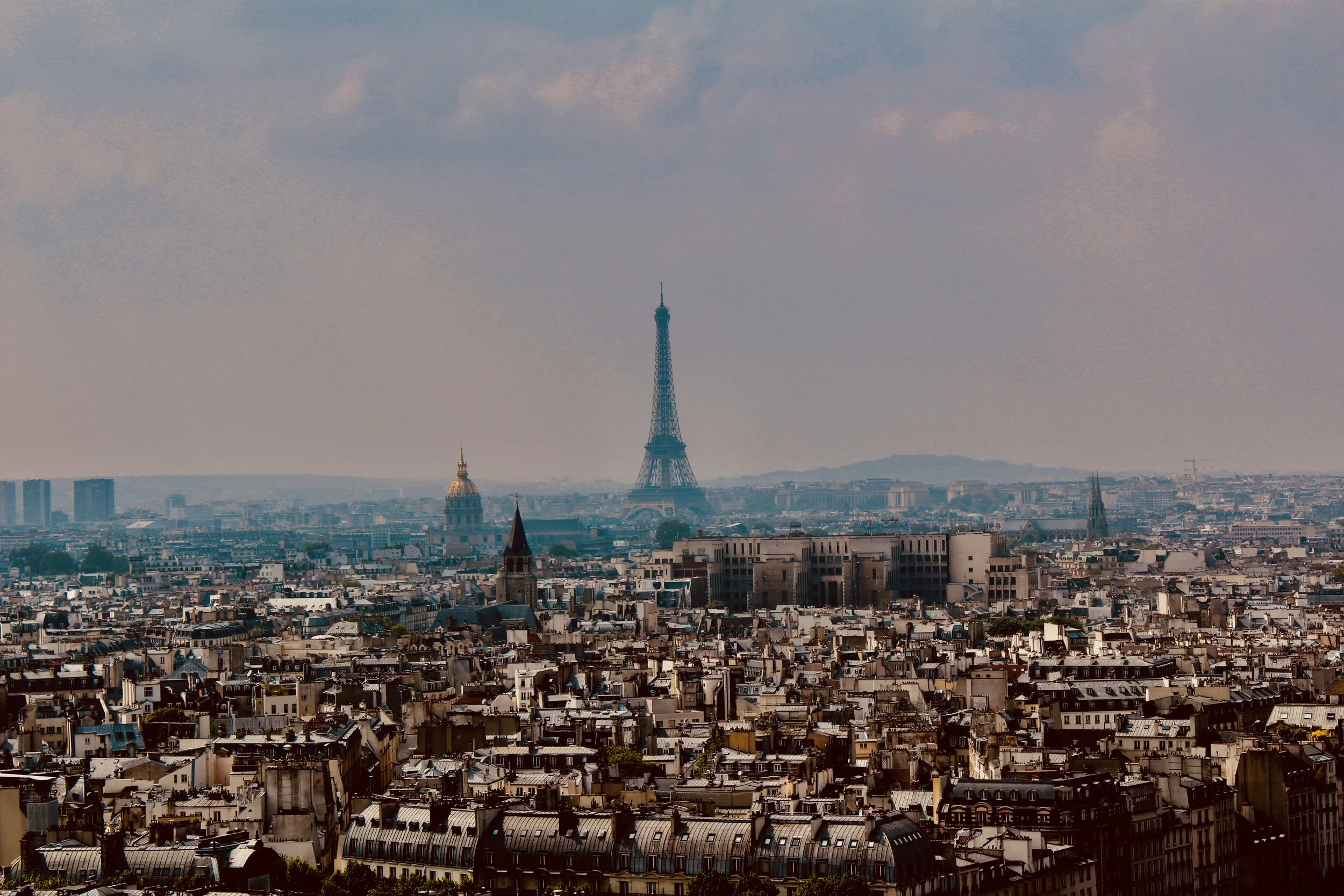8 Important Years for Your LGBTQ+ Tour of Paris
/The one thing you probably know before booking a LGBTQ+ tour of Paris is that there is a lot of history to sift through. Like, a lot. That happens when humans have been roaming a place for more than 42,000 years.
France is most well known for its modern history, but communities flourished here for hundreds of years, with bustling Roman outposts dotting the area then known as Gaul. Throughout all of this history, LGBTQ+ individuals have played a part in constructing the culture we know today, though so many of their stories were lost or never told.
When we walk the streets of Paris together, we’ll share as much of that history as we possibly can. To get you ready, here are just eight of the most important dates that you should ask us about to hear the whole story.
1. 1750
Jean Diot and Bruno Lenoir are burned at the stake in Paris, the last homosexuals to be executed in France – ever! While tragic, it shows how France was ahead of the times in persecuting the LGBTQ+ community.
2. 1791
The new French penal code is conceived and makes no mention of homosexual, ultimately decriminalizing homosexual activity in France. While it may not have been explicitly aimed at protecting LGBTQ+ citizens, it was still a win.
3. 1857
Famed doctor, Auguste Ambroise Tardieu, releases a paper that examines homosexuality through a scientific lens, setting the stage for a more constructive approach to queer lives by making the case for nature instead of nurture.
4. 1956
Chez Michou opens in Montmartre, celebrated as the first real drag show institution in the nation – four years before RuPaul was even born. Did you know that Paris had a thriving drag scene?
5. 1980
A café called Le Village begins serving drinks in the Marais to a largely gay clientele, making the first gay bar not to hide behind blacked out windows. It’s closed now but the Marais district that surrounded it lives on.
6. 1992
In a big win for the LGBTQ+ community in France, homosexuality is removed from a list of mental disorders across the nation.
7. 1999
The PACS, (pacte civile de solidarité) launches, offering queer couples the chance to form civil unions with near-equal status to marriage.
8. 2013
While the PACS continues to thrive, marriage equality finally comes to France with the first official same-sex ceremony taking place in Montpellier.
Those are just eight of countless dates that mark LGBTQ+ history in France. Learn more and hear the stories of the incredible characters who pioneered LGBTQ+ visibility and acceptance on a tour with us through Paris. We’re waiting for you!









